To find out the Nth max sal in oracle i'm using below query
SELECT DISTINCE sal
FROM emp a
WHERE (
SELECT COUNT(DISTINCE sal)
FROM emp b
WHERE a.sal<=b.sal)=&n;
But According to me by using the above query it will take more time to execute if table size is big.
i'm trying to use the below query
SELECT sal FROM ( SELECT DISTINCE sal FROM emp ORDER BY sal DESC ) WHERE rownum=3;but not getting output.. any suggetions please .. Please share any link on how to optimise queries and decrease the time for a query to execute.
